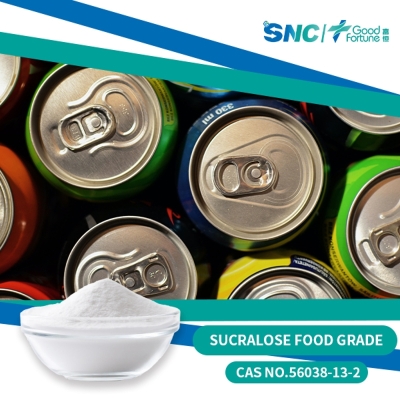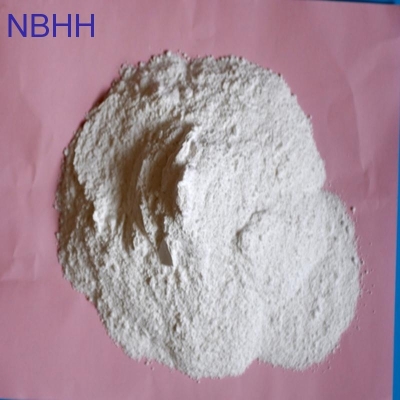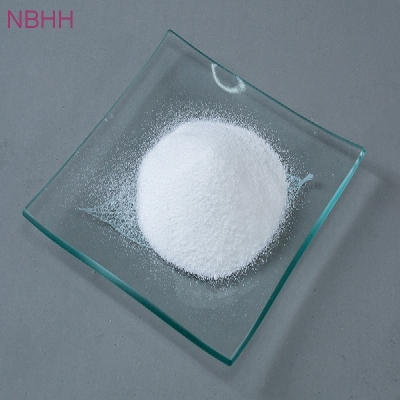Which is better, proteoglycan or cyclamate
-
Last Update: 2017-11-09
-
Source: Internet
-
Author: User
Search more information of high quality chemicals, good prices and reliable suppliers, visit
www.echemi.com
Introduction: both cyclamate and proteoglycan have special uses Which is better, proteoglycan or cyclamate? Baibai safety net has a detailed understanding The use of proteoglycan and cyclamate is different, which has played a great role in the development of food However, if they are not used according to the national requirements, the harm is also great Which is better, proteoglycan or cyclamate? Learn in detail through the safety net of Baibai Sodium cyclamate does great harm to the body, but proteoglycan does not Proteoglycan is mainly used as a food additive, added to food, such as biscuits, pastries, etc., to increase its sweetness and taste Proteoglycan is not really a protein containing sugar in the sweetener industry of food industry In the sweetener industry, the main component of the proteoglycan is aspartame (aspartame methyl phenylalanine) Aspartame produces aspartic acid and phenylalanine when it decomposes in human body The amino acids produced do not represent proteins, nor do they have the characteristics and nutritional value of proteins The sweetness of sodium cyclamate is 30 times of that of sucrose, and its price is only one third of that of sucrose Ice cream, beverage, coffee, juice, flavored water, automobile, almond tea, black tea, soybean milk, prepared wine, can, biscuit, pastry, bread, jam, jelly, preserves, pickles, seasoning sauce, feed, cold fruit For home seasoning and cooking The sweetness, syrup, sugar coating, sweet ingot, toothpaste, slobber, lipstick and so on Diabetes mellitus, obesity of alternative sugar Through understanding, we know that protein and sugar are better, so how to identify whether there is sodium cyclamate in fruit? Baibai safety net will tell you a way to use it, that is to use food safety detector for detection, here is the most detailed food additive knowledge Editor in charge: he xianrob
This article is an English version of an article which is originally in the Chinese language on echemi.com and is provided for information purposes only.
This website makes no representation or warranty of any kind, either expressed or implied, as to the accuracy, completeness ownership or reliability of
the article or any translations thereof. If you have any concerns or complaints relating to the article, please send an email, providing a detailed
description of the concern or complaint, to
service@echemi.com. A staff member will contact you within 5 working days. Once verified, infringing content
will be removed immediately.







